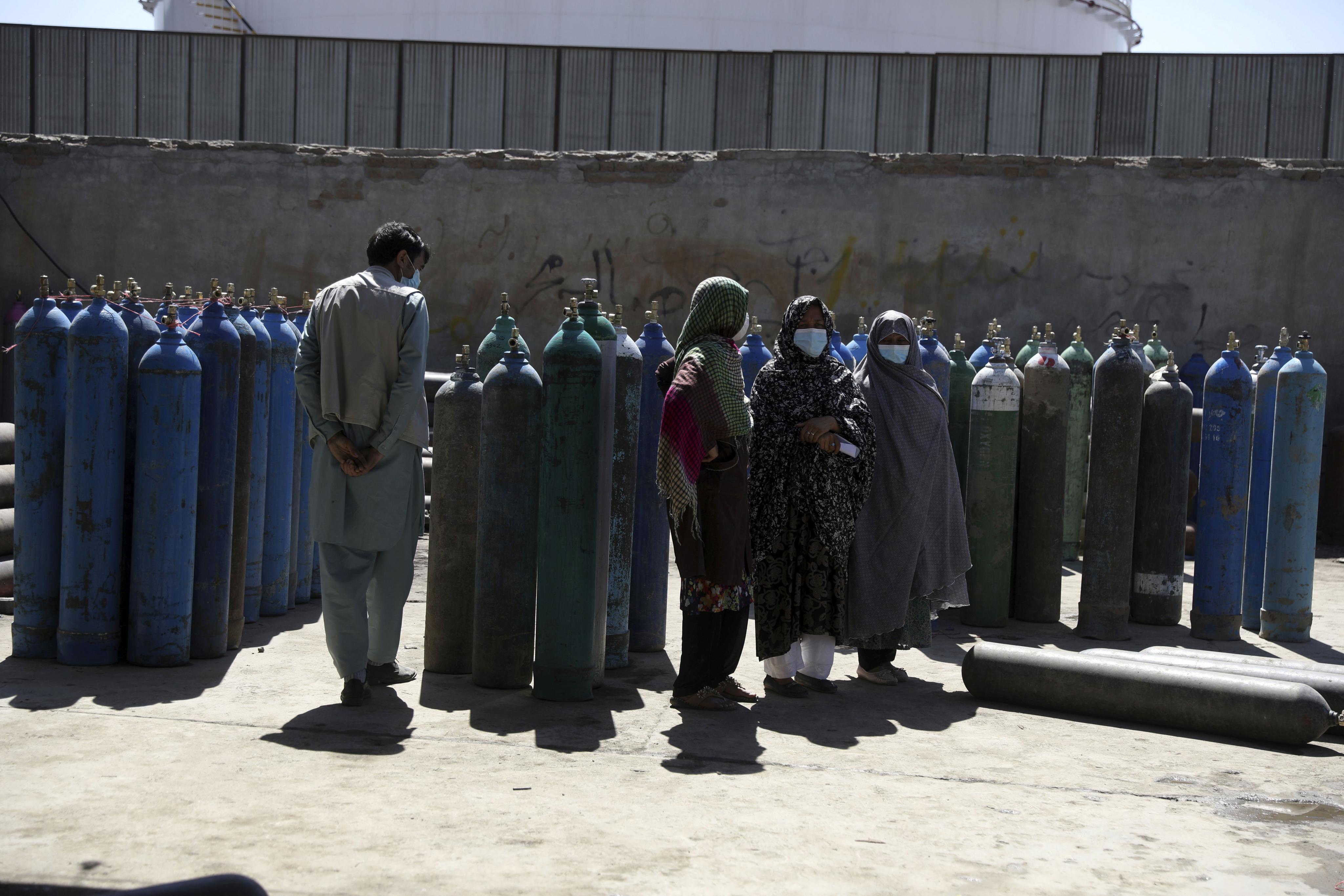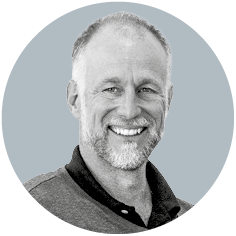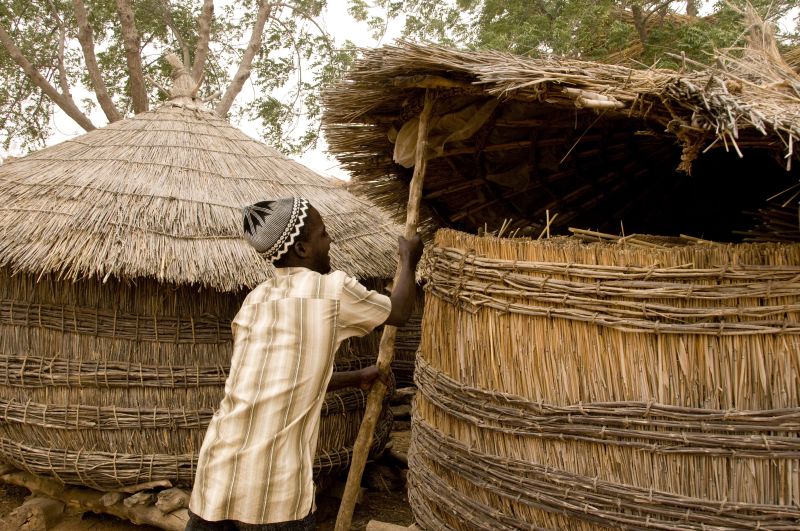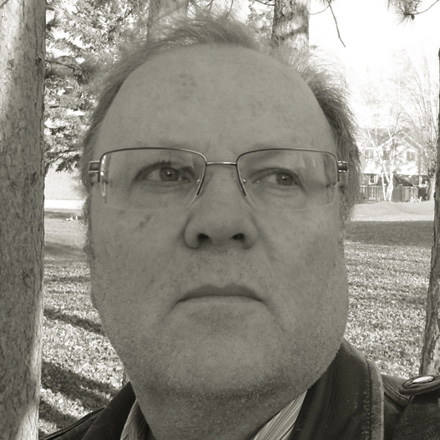Building peace
Farmers' expertise
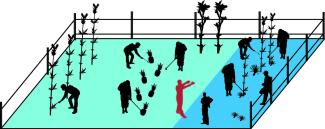
South Sudan's people are still rejoicing that they have overcome the long oppression by Sudan. The country’s independence fills many people with pride. Some spent long and difficult years in refugee camps in Khartum or Uganda. Today, daily survival is no longer in danger, so long-term perspectives can develop.
And they must develop. Though oil revenues may convey an abstract feeling of national wealth, 90 % of the people work as farmers. As they do not benefit from fossil-fuel extraction, poverty remains widespread. According to the UN Food and Agriculture Organisation, food insecurity affects up to 4.6 million.
Conflicts in South Sudan still tend to be carried out with weapons. The demobilisation of irregular troops has hardly progressed. Since independence, crime has been increasing in Juba, the capital city.
Agriculture is cumbersome, dirty and inglorious. Becoming a farmer is normally not a conscious choice, but a person's fate, essential for survival. To many young people, joining a militia may seem more appealing.
South Sudan's potential for agriculture is huge however, and good incomes are possible in the long run. Currently only four percent of the fertile soil of the country's southern Greenbelt region is being farmed. A lot must happen to enable farms to flourish however. Peasants need storage facilities, transport infrastructure, market information and professional training. Farm produce, moreover, should be processed locally to generate livelihoods. All in all, the country needs a national strategy for the sustainable development of agriculture.
Unfortunately, the government cannot be expected to live up to those demands at this point. Plenty of knowledge was destroyed in decades of strife. More important, South Sudan is itself divided. The south of the country is dominated by farmers, many of whom fled to refugee camps in the war. The north, in contrast, is dominated by pastoralists, many of whom fought in the war. Their leaders are now part of the political elite. They enrich themselves through oil revenues and consider that a reward for their service in combat.
The country's leaders are prospering, but most of them are not well-versed in agriculture. They are unlikely to draft and implement sound agricultural policies in the near future. Partly for this reason, land grabbing plays a role in South Sudan. According to a 2011 survey by Norwegian Peoples Aid (NPA), nine percent of the country's fertile land has been sold to international investors. As infrastructure improves, that share is likely to rise.
Farmer field schools
To boost agricultural development, Germany's GIZ is running farmer field schools (FFS) in the south of the country. This approach does not require complex advisory structures, but focuses on the knowledge of each farmer.
An FFS uses a test field that is farmed collectively by up to 25 farmers. They share their knowledge and skills, testing innovative cultivation methods and new ways to control pests. Agricultural extension workers visit them weekly, giving them advice and offering new ideas. Ideally, one part of the test field is cultivated according to traditional methods, so harvest results can be compared directly. Eye-sight evidence matters very much. Farmers in developing countries tend to shy from innovations because any crop failure would threaten their very lives.
The extension workers are paid by the GIZ, but they belong to the government administration. The GIZ is thus supporting state building. Most of the extension workers underwent a six-months course at a crop training centre. A master trainer, who is also paid by the GIZ, constantly upgrades their knowledge and skills.
Unfortunately, GIZ support is limited to one year, reflecting the funding from Germany's Federal Ministry for Economic Cooperation and Development. Long-term planning is difficult under such circumstances, whereas the FFS approach actually does offer long-term perspectives. For instance, it promotes joint marketing by the farmers so they will not be at the mercy of middlemen. Moreover, cooperation in groups fosters solidarity. In the long run, informal farmers groups could grow into strong cooperatives. The participants themselves see mutual help as great advantage of the FSS.
The GIZ's FFS approach emphasises environmental sustainability. Regional seed and natural fertilisers are used, safeguarding the biodiversity that makes traditional cultivars relatively resilient to bad weather or pests.
Not all donor institutions take this approach. USAID is running FFS in South Sudan too, but this agency uses a modified concept, promoting high-yielding varieties. Thanks to hybrid seeds, splendid corncobs are growing in its test areas. Farmers and agricultural authorities are thrilled. That’s how they like to imagine the future.
But there’s a rub. Hybrid seed and artificial fertilisers are in fact prohibitively expensive for South Sudanese farmers. USAID may offer start-up funding and credit, but farmers become dependent on the agency in the long run. Moreover, the approach is not environmentally sustainable. There is a risk of setbacks because high yielding methods extract nutrients from the soil. Without ongoing capital expenditure, harvests will certainly be lost.
Given that farmers neither have storage nor transport facilities, they will struggle to market dramatically increased farm yields. USAID is therefore running the risk of the term "farmer field school" becoming associated with fraud in the future.
The crucial thing is to make agriculture more appealing to young people. Farm life is still linked to collective maxims: those who are economically successful, are expected to share the benefits with relatives and friends. When harvests are good, people come to visit and want a slice of the cake.
So far, South Sudan does not have the kind of individualistic anonymity typical of western industrialised societies. Tight social interaction brings security, but it also constrains people. One is hardly ever on one's own, which has advantages, but certainly makes people risk averse.
The GIZ's FFS approach is geared to activating existing knowledge and skills. It helps farmers to become self-confident experts on their own fields. Environmental sustainability and the personal needs of the farmers are the priorities. This approach is suited for post conflict societies because it focuses on the grass-roots level and imparts knowledge that people will find valuable even if new violence should break out. The approach does not suffice to jump-start rural development, but it can contribute to making agriculture more attractive to young people.
Richard Oelmann is a political scientist who studied at the Centre for Rural Development (SLE) at Berlin's Humboldt University. He did research in South Sudan on behalf of GIZ.
richard.oelmann@gmail.com
